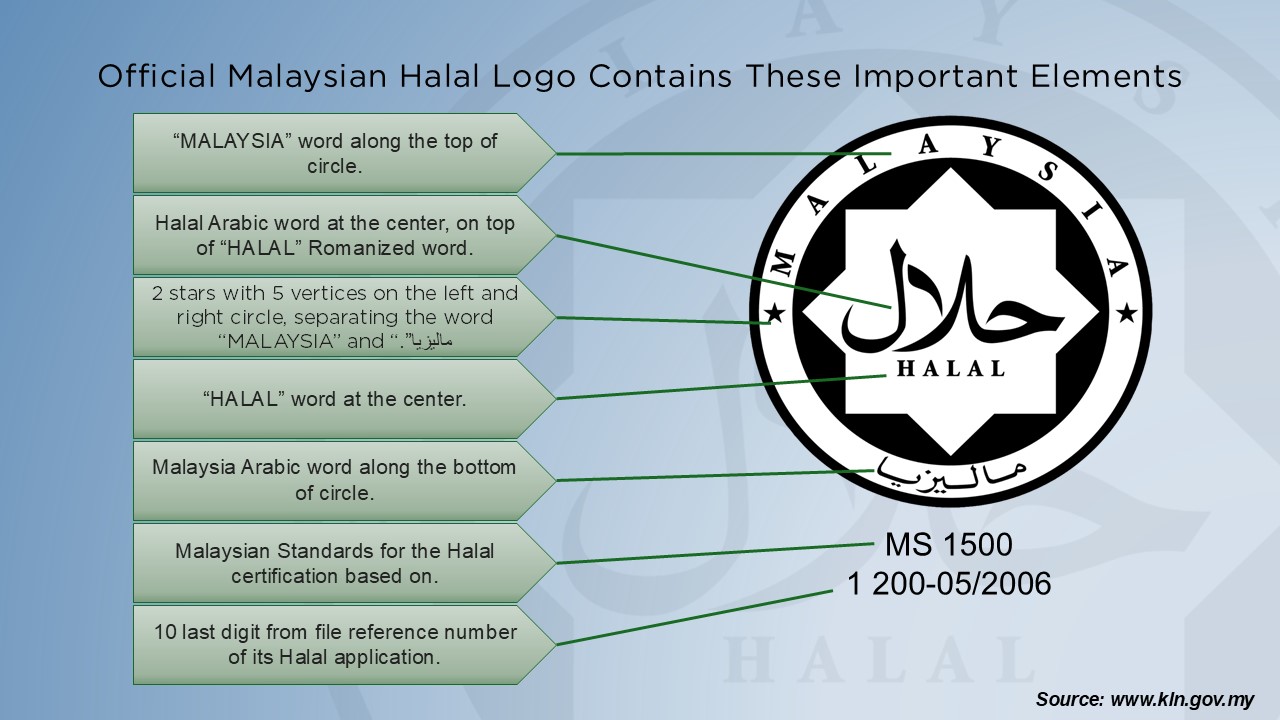Recent news about the halal status of a ham and cheese sandwich sold at a prominent convenience store in Malaysia has sparked public interest raised questions among consumers about what constitutes a halal-certified product. While the producer of the sandwich has assured consumers that all ingredients are halal, many are left wondering: is having halal-certified ingredients alone enough to make a product halal? The answer is more complex than it may appear.
Beyond Ingredients: Understanding Halal Certification
In Malaysia, halal certification is governed by strict standards outlined by the Department of Islamic Development Malaysia (JAKIM) and other recognized Islamic bodies. These standards ensure that not only the ingredients but also the entire production chain complies with Islamic principles. A critical aspect of Halal food certification involves the full traceability of ingredients, adherence to sanitation practices, and the use of approved production methods5.
While the use of Halal raw materials in food production is essential, it does not automatically guarantee that the final product will be Halal. The entire production chain, from sourcing and handling ingredients to processing and packaging, must comply with Halal standards. For example, packaging materials must be free from any non-Halal animal-based products, and any potential cross-contamination with non-Halal substances must be avoided1,2,4.
Here is a closer look at the key components required for a finished product like sandwiches to achieve halal certification:
Halal Ingredients: Ensuring Compliance from the Start
All primary and secondary ingredients used in the product, including raw materials, must be halal-certified. For example, the chicken slices in halal sandwiches must come from suppliers with valid halal certifications.
Additives such as preservatives, flavourings, and emulsifiers must also be halal. Non-halal additives can render the entire product non-halal, even if the main ingredients are halal1.
Processing and Production: Maintaining Halal Integrity
Clean Equipment: Equipment and machinery used in production must be thoroughly cleaned according to GMP practices and Shariah guidelines to remove impurities (najis) if there is contamination with non-Halal products.
No Cross-Contamination: Facilities must ensure they procure, store, and process only halal-certified ingredients and raw materials. This rule also extends to transportation of the raw ingredients and finished products. Even trace amounts of contamination can compromise the halal status of a product2.
Facility and Staff Practices: Following Halal Protocols
Facilities producing halal-certified products must be inspected and approved by JAKIM or other recognized bodies. These facilities should comply with stringent cleanliness and operational standards.
Workers handling halal products must understand and adhere to halal guidelines, ensuring no mishandling occurs during preparation.
Halal Packaging Requirements: Beyond the Ingredients
The packaging must prevent contamination and ensure that the halal status is preserved until the product reaches the consumer.
Proper labeling, including the use of a valid halal logo, is mandatory. Mislabeling, including the wrongful use of the halal logo is considered a serious offense under Malaysian law3,4.

Supply Chain Integrity: Maintaining Halal Compliance at Every Step
The entire supply chain, from ingredient sourcing to delivery, must maintain halal compliance. For instance, transportation vehicles should not carry both halal and non-halal products4.
Why Halal Certification Is Important for Food Producers and Retailers
Halal certification ensures that products meet the expectations of Muslim consumers, providing them with peace of mind that the food they consume adheres to Islamic dietary laws. In a diverse and halal-conscious market like Malaysia, such certification is not only a legal requirement but also a marker of trust and credibility for food producers and retailers.
While halal-certified ingredients are a critical foundation for creating halal products, they are just one part of a comprehensive system. Achieving halal certification for a finished product involves meticulous attention to every step of the production process. This holistic approach ensures the integrity of the halal status and fosters consumer confidence in the products they purchase.
Meeting the Growing Demand for Halal Food Products
With Halal food increasingly becoming a mainstream consumer preference, businesses that fail to meet certification requirements may face serious repercussions, not just in terms of legal liabilities but also in terms of consumer loyalty and reputation. As the Halal food sector continues to expand, it becomes imperative for companies to understand and follow the strict guidelines that govern the certification process, ensuring that they deliver products that are both Halal and of the highest quality.
By staying informed on evolving Halal food regulations and working closely with certification bodies, businesses can tap into the growing market while maintaining ethical, religious, and consumer trust standards.
Speak to our Halal, food and regulatory experts at DPO International to find out more about the latest functional ingredients and laws governing their use. Get in touch at [email protected]








